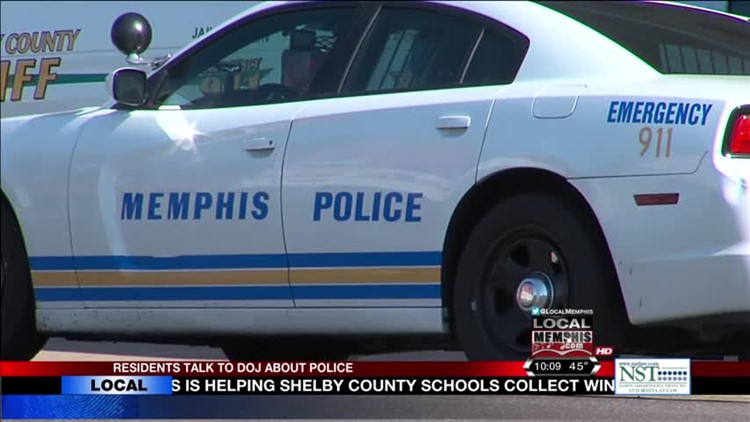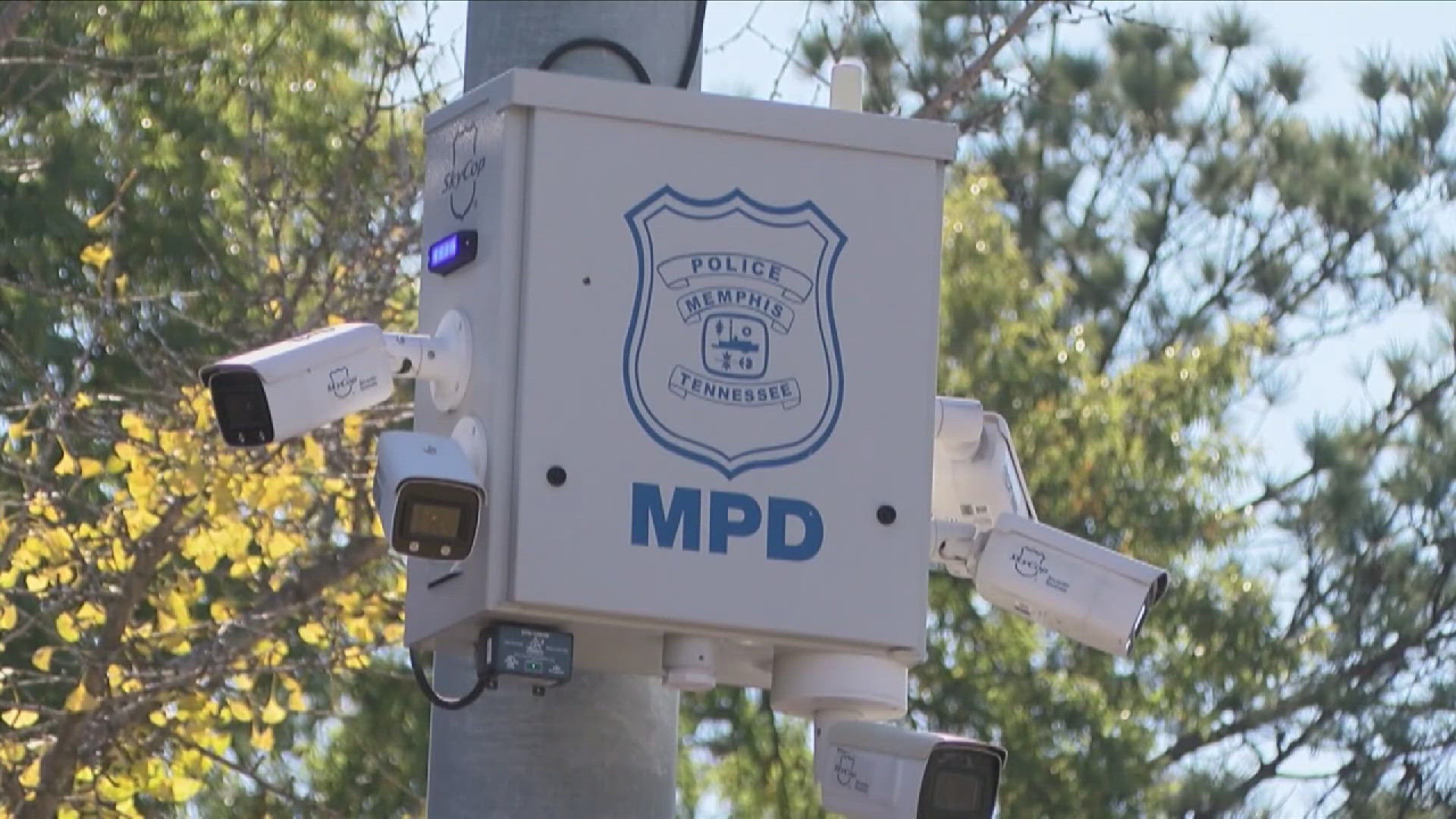The Department of Justice is going to become an expert of the Memphis Police Department and then transform it.
DOJ Community Oriented Policing Services Task Force (COPS) lead George Fachner from Washington, D.C. told Local 24 News about the thorough process after Tuesday night’s listening session at Hickory Hill Community Center.
“We will take all of that in to become experts in what they are doing and how they can improve,” Fachner said. “It is a transformational process.”
Fachner and his task force of five, listened and took notes while a long line of residents spoke, uninterrupted, about their experiences with Memphis Police and concerns.
One person who attended, Dorothy Pool, talked to DOJ and then Local 24 about her disappointment with the police. “I’m tired, I’m sick, and I’m tired of seeing black people shot for no good reason. I’m sick of it. We’re better than that. People don’t need to do that kind of thing,” she said.
Brad Watkins, Executive Director of the Mid-South Peace & Justice Center, spoke about how difficult he believes it is for the average citizen to file a complaint about police.
“I believe that’s a systemic problem that prevents accountability, and until you have accountability we can have all that dog and pony shows and feel good moments we want, that’s not going to stop the problem,” Watkins said.
It is not just process concerns like these that Fachner’s D.C. based task force will be considering. He described the comprehensive nature of DOJ’s evaluation. “We conduct a very comprehensive thorough review. It’s no different from other assessments you were describing like the consent decree or patterns or practices investigation.”
Fachner said the only differences are (1) individual cases are not prosecuted, though they are examined, and (2) the engagement of the police department.
“One is an adversarial process and this is a collaborative one,”Fachner said.
Helen Collins who attended the forum worried out loud about whether the process will harm MPD’s good will. “The more you badger them, the more they really don’t want to come out. Our officers are quitting daily,” Collins said.
But Fachner points out that DOJ was formally invited to Memphis by MPD Director Mike Rallings to conduct this review. DOJ uses federal funds to help the Memphis department change and follow DOJ recommendations.
From this point DOJ will interview MPD and determine objectives it will initially assess. Fachner described a multi layered process that includes many meetings with the public and layers of police, policy and procedure review, more interviews, document review, ride-a-longs and training observation.
Fachner says there are more community meetings in store.
“We are going to be persistent in reaching out to the community. This wasn’t the first or the last time that we are reaching out in a public forum. We will have some more private interviews and conversations too.”
For those people who could not attend the first two sessions but who have information or concerns to relay to the DOJ Task Force from Washington, D.C. reviewing Memphis Police, you may communicate your concerns by writing Memphis.crita@usdoj.gov.



